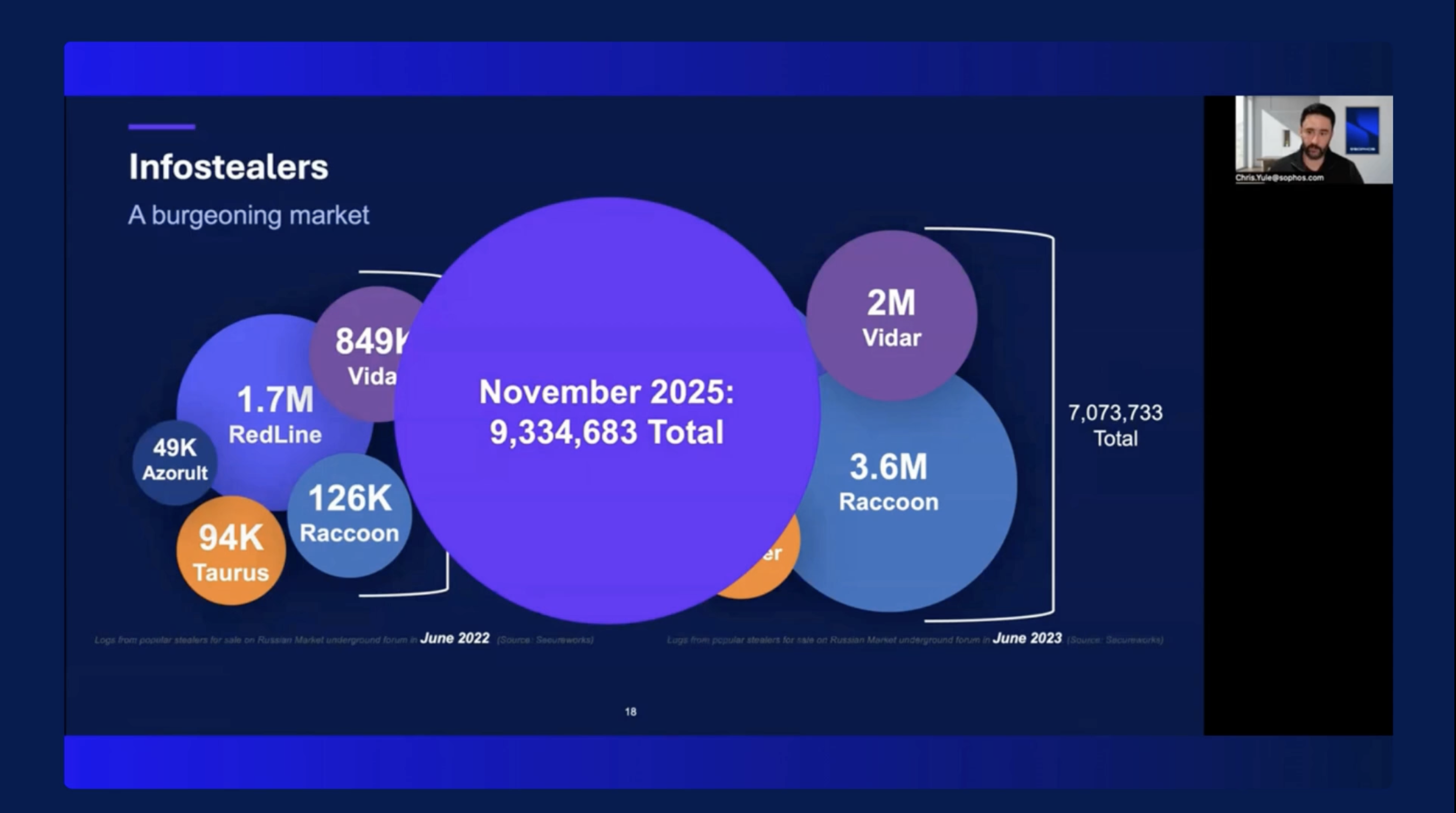
What is a cybersecurity consultant?
Cybersecurity consultants play a crucial role in safeguarding an organization's information systems by identifying potential security exposures and preparing defenses against future threats. They are instrumental in enhancing the overall security readiness of an organization through a variety of means, and they’re particularly valuable to companies with limited internal cybersecurity expertise that would like to supplement staff resources.
Key responsibilities of a security consultant
- Vulnerability identification: Pinpointing weaknesses within an organization's security infrastructure and software
- Threat resolution: Actively engaging in resolving threats for clients
- Development of preventive measures: Devising strategies and plans for necessary preventive actions that guard against known and future threats
- Verification of access protocols: Ensuring that proper accessibility protocols are in place
- Policy and workflow development: Developing policies, internal controls, and workflows to enhance security readiness
- Recommendation of architectural changes: Suggesting architecture and design modifications to optimize the use of the existing security infrastructure
- Penetration testing: Employing advanced penetration testing techniques for a deeper analysis of security infrastructure resilience
How to engage with security professional services
Organizations can engage cybersecurity professional services to assess and address suspected security vulnerabilities within their IT infrastructure. Security consulting covers both the business and human aspects of security—policies, procedures, internal controls, workflows, and employee best practices — to ensure that they’re all correctly aligned and provide adequate data protection.
Benefits of hiring a cybersecurity consultant
- Expertise: Cybersecurity consultants are well-versed in the latest security techniques and offer a broad spectrum of comprehensive security services to extend your in-house resources.
- Customized approach: Services are tailored based on your specific organizational requirements and industry best practices.
- Policy development: Consultants develop customized security policies on your behalf.
- Professional testing: All testing is conducted in accordance with recognized professional methodologies.
- Detailed reporting: Consultants analyze your existing security posture and provide a comprehensive report of key findings and recommendations for mitigating risk.
Comprehensive approach of security consultants
Security consultants customize their service delivery approach to meet your specific requirements. They develop tailored security policies, conduct industry-standard testing, and provide detailed feedback to fortify the security posture of your organization.
Security is not solely about technology; it also encompasses employee behavior and business policies that must complement technological solutions. Consultants craft security policies and train personnel to implement them effectively, and they tackle various issues from threat discovery and investigation to tactical and strategic recommendations.
What are the core activities of a security consultant?
- Risk assessment: Actively examining the IT infrastructure to detect known threats and evaluate your company’s exposure level
- Deeper analysis: Simulating intrusions on various attack scenarios to calculate potential consequences to your organization
- Review of internal controls: Evaluating whether your company’s procedures are adequate, even when the technology infrastructure is robust
- Best practice recommendations: Advising on how to enhance your internal security processes and lower risk based on industry-standard practices
Engagement and impact
Security consultants assess, identify, and recommend ways to mitigate threats for their business clients. They draw upon their extensive experience to evaluate your organization's current security stance and proactively pinpoint vulnerabilities. They propose immediate remediation measures that resolve identified threats and enhance overall security.
Review and design incorporation
Over time, changes may degrade an organization's cyber defenses. Security consultants are skilled in reviewing the business’s current attack surface, adjusting its defenses, and building a more resilient IT environment for the future. They review existing internal controls and policies for effectiveness and recommend best-practice modifications to IT platforms, if necessary, as well as to policies, work processes, and employee training and education.
For these reasons, engaging a security consultant helps ensure that your organization is well-equipped to handle and adapt to the evolving landscape of cybersecurity threats and challenges.
Detailed reporting and analysis
A critical aspect of successful security consulting is the delivery of actionable insights that address and resolve exposures. This function also includes prioritizing recommendations designed to enhance your organization’s overall cybersecurity posture.
- Security design report: The consultant outlines a structured, step-by-step approach to enhancing your infrastructure and corresponding policies, allowing for systematic improvements.
- Vulnerability penetration test: The findings from this test are prioritized, facilitating a swift determination of the necessary actions to mitigate identified vulnerabilities and bolster your security measures.
Discover Sophos Professional Services Contact a Sophos security expert
Related security topic: What is cybersecurity as a service?
.svg?width=185&quality=80&format=auto&cache=true&immutable=true&cache-control=max-age%3D31536000)


.svg?width=13&quality=80&format=auto&cache=true&immutable=true&cache-control=max-age%3D31536000)



